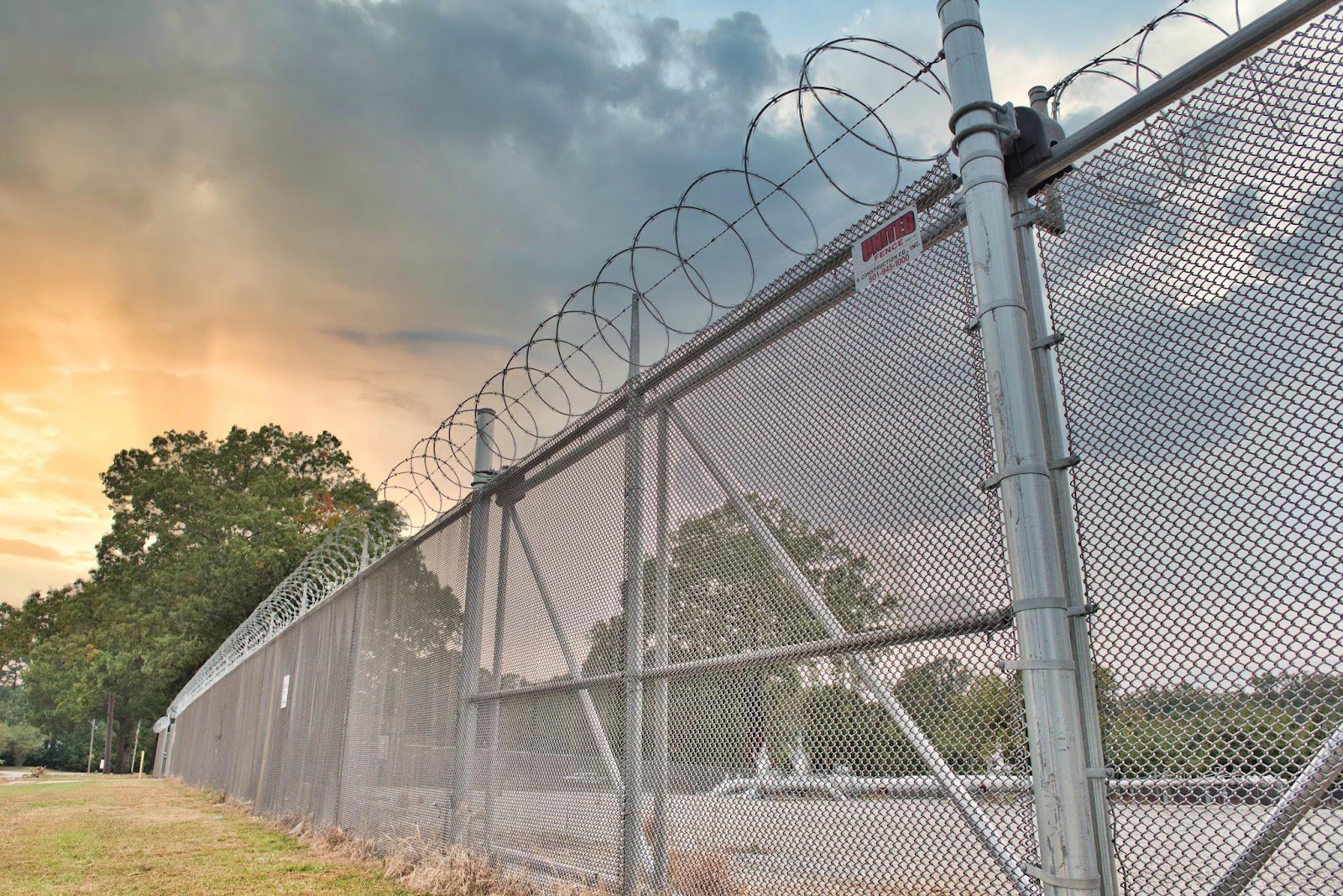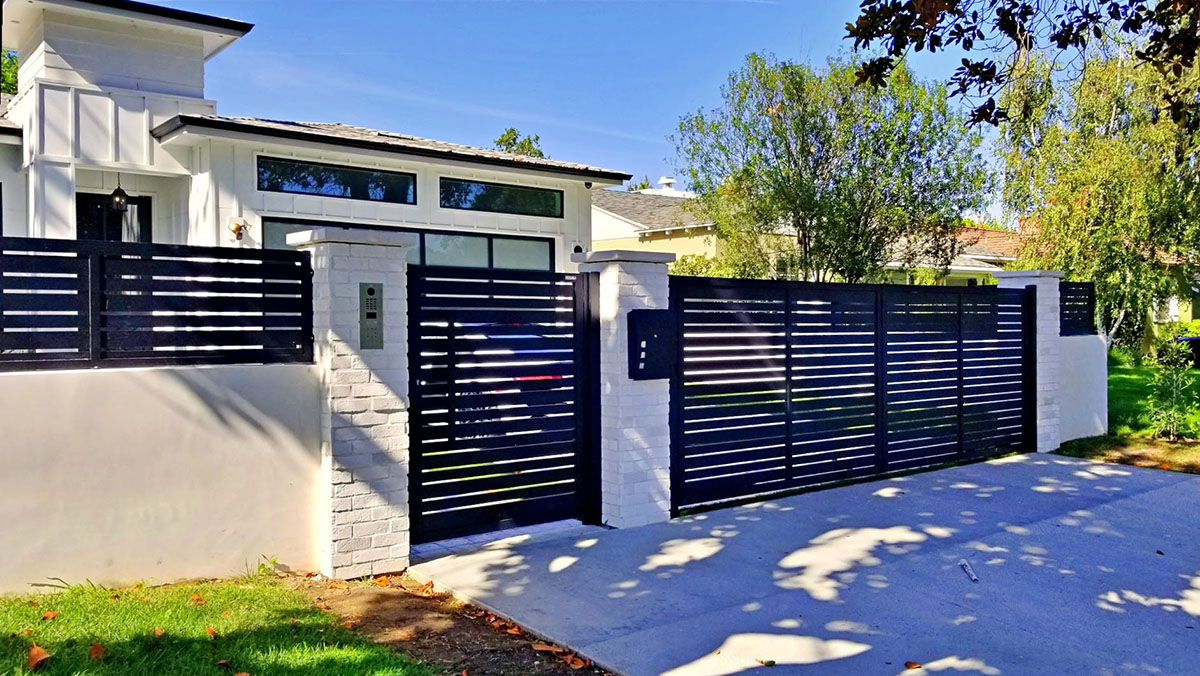All Categories
Featured
When you decide to install a fencing around your household home, it's important to understand the permit needs details to your area. While installing a fence can appear like a basic home improvement task, regional regulations and laws need to be followed to make certain the setup is legal and compliant. Falling short to protect the correct authorizations might result in penalties and even need you to eliminate the fence. Right here's a comprehensive take a look at the permits you might require for fence installment.
Why Do You Need a Permit for Fencing Setup? A fence is greater than simply a barrier between residential properties-- it can affect security, home value, appearances, and even environmental problems. Regional governments need licenses to make sure that fences fulfill certain standards and do not create issues for energies, neighbors, or the neighborhood all at once. Permits also ensure that the installation adheres to zoning laws, developing codes, and safety policies.
![]()
Sorts Of Licenses You Might Require. Structure Authorization. A building permit is among one of the most typical permits needed for fence installation. This authorization guarantees that the fencing satisfies regional building codes. If you're constructing a fence over a specific height (generally over 6 feet), you'll likely need a structure license. The regional building division will usually evaluate the website and review plans to make sure the structure is secure and does not block public rooms or develop risks.
Zoning License. A zoning authorization ensures your fence complies with trouble, height, and place laws. Fences might need to be established back a certain distance from sidewalks, roadways, or residential or commercial property lines to prevent obstruction or disturbance with energies.
HOA Approval. You may require to look for approval prior to setting up a fencing if your building is part of a property owners association (HOA) HOAs generally have standards that control the looks and framework of fencings to guarantee they agree with the neighborhood. You may require to send your strategies for authorization, and the HOA might restrict fencing material, style, or height.
Specialized Permits. In some areas, there might be extra permits needed for details situations. For example, if your fence is near a safeguarded ecological location or located in a flood zone, you may need to acquire specialty licenses connected to environmental effect. Likewise, if the fencing remains in an area with below ground utilities, you may require to acquire clearance to avoid damaging pipelines or cable televisions.
![]()
Easement or Utility Business Authorization. Before mounting a fence, it's crucial to check whether the home consists of an easement, such as an utility easement, which might affect where you can position your fencing. Easements are areas of land marked for private or public energies, and you may require consent from the energy company or other authority to build within this location.
Just How to Learn What Allows You Need. To ensure that you're complying with all the necessary policies, below's exactly how you can determine the certain permits required for your fence installation:
![]()
See Your City Government Workplace: The initial step is to check with your neighborhood structure or zoning division. Numerous cities and regions have standards readily available online that define what sorts of permits are required for fence installation. If not, seeing the workplace or calling face to face can assist make clear the process. Examine Your City's Site: Lots of communities give information concerning fencing installations and the licenses required with their official websites. Some sites even allow you to submit applications on-line. Seek Advice From a Fence Setup Specialist: If you're uncertain regarding neighborhood guidelines, a specialist fencing contractor can help. They recognize with the permitting procedure and can direct you via the steps. The Effects of Not Obtaining an Authorization. Failing to protect the necessary licenses prior to installing a fencing can cause substantial effects. As an example, you may be fined or required to get rid of the fencing totally. In addition, if you choose to sell your property in the future, the lack of an authorization might hinder possible purchasers, as they might see it as an indicator that the residential or commercial property is not certified with regional regulations. Guaranteeing that you have the appropriate authorizations will save you time, money, and migraines over time.
Final thought. Installing a fencing around your home can add both protection and curb allure, but it is very important to ensure you're following the legal action in the process. Investigating the certain permit demands for your location, consisting of structure authorizations, zoning policies, HOA authorization, and utility permissions, will certainly aid ensure your fence installation goes smoothly. Taking the time to comprehend these needs currently can conserve you from pricey mistakes and prospective legal problems down the line.
Why Do You Need a Permit for Fencing Setup? A fence is greater than simply a barrier between residential properties-- it can affect security, home value, appearances, and even environmental problems. Regional governments need licenses to make sure that fences fulfill certain standards and do not create issues for energies, neighbors, or the neighborhood all at once. Permits also ensure that the installation adheres to zoning laws, developing codes, and safety policies.

Sorts Of Licenses You Might Require. Structure Authorization. A building permit is among one of the most typical permits needed for fence installation. This authorization guarantees that the fencing satisfies regional building codes. If you're constructing a fence over a specific height (generally over 6 feet), you'll likely need a structure license. The regional building division will usually evaluate the website and review plans to make sure the structure is secure and does not block public rooms or develop risks.
Zoning License. A zoning authorization ensures your fence complies with trouble, height, and place laws. Fences might need to be established back a certain distance from sidewalks, roadways, or residential or commercial property lines to prevent obstruction or disturbance with energies.
HOA Approval. You may require to look for approval prior to setting up a fencing if your building is part of a property owners association (HOA) HOAs generally have standards that control the looks and framework of fencings to guarantee they agree with the neighborhood. You may require to send your strategies for authorization, and the HOA might restrict fencing material, style, or height.
Specialized Permits. In some areas, there might be extra permits needed for details situations. For example, if your fence is near a safeguarded ecological location or located in a flood zone, you may need to acquire specialty licenses connected to environmental effect. Likewise, if the fencing remains in an area with below ground utilities, you may require to acquire clearance to avoid damaging pipelines or cable televisions.

Easement or Utility Business Authorization. Before mounting a fence, it's crucial to check whether the home consists of an easement, such as an utility easement, which might affect where you can position your fencing. Easements are areas of land marked for private or public energies, and you may require consent from the energy company or other authority to build within this location.
Just How to Learn What Allows You Need. To ensure that you're complying with all the necessary policies, below's exactly how you can determine the certain permits required for your fence installation:

See Your City Government Workplace: The initial step is to check with your neighborhood structure or zoning division. Numerous cities and regions have standards readily available online that define what sorts of permits are required for fence installation. If not, seeing the workplace or calling face to face can assist make clear the process. Examine Your City's Site: Lots of communities give information concerning fencing installations and the licenses required with their official websites. Some sites even allow you to submit applications on-line. Seek Advice From a Fence Setup Specialist: If you're uncertain regarding neighborhood guidelines, a specialist fencing contractor can help. They recognize with the permitting procedure and can direct you via the steps. The Effects of Not Obtaining an Authorization. Failing to protect the necessary licenses prior to installing a fencing can cause substantial effects. As an example, you may be fined or required to get rid of the fencing totally. In addition, if you choose to sell your property in the future, the lack of an authorization might hinder possible purchasers, as they might see it as an indicator that the residential or commercial property is not certified with regional regulations. Guaranteeing that you have the appropriate authorizations will save you time, money, and migraines over time.
Final thought. Installing a fencing around your home can add both protection and curb allure, but it is very important to ensure you're following the legal action in the process. Investigating the certain permit demands for your location, consisting of structure authorizations, zoning policies, HOA authorization, and utility permissions, will certainly aid ensure your fence installation goes smoothly. Taking the time to comprehend these needs currently can conserve you from pricey mistakes and prospective legal problems down the line.
Latest Posts
What Are the Conveniences of Picking a Custom Fence Style?
Published Dec 19, 24
0 min read
What Permits Are Needed for Mounting a Fence My Location?
Published Dec 19, 24
0 min read
How to Maintain Your Fence Sustainably
Published Dec 19, 24
1 min read